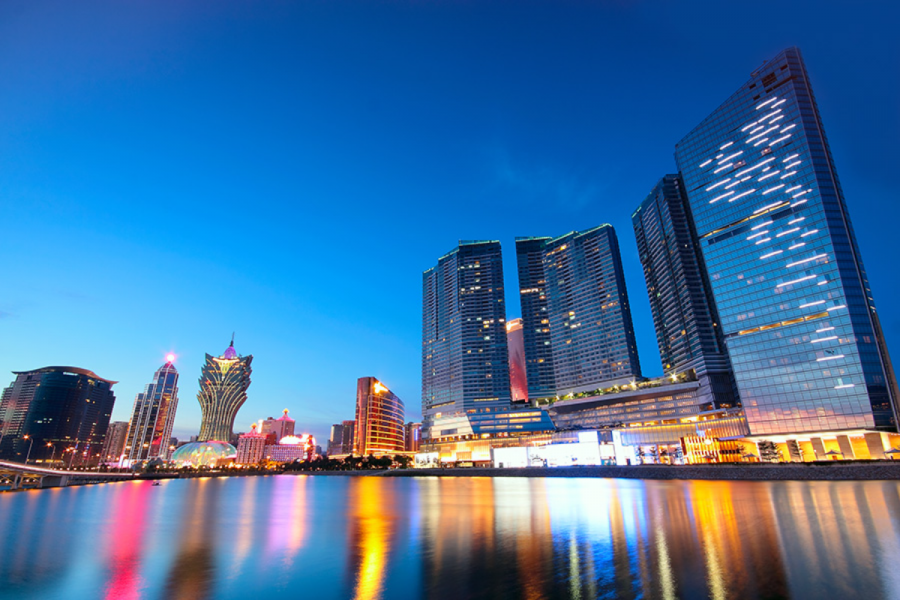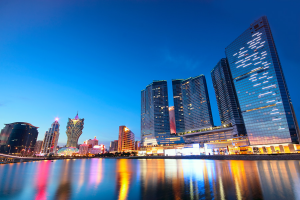Macau expects non-gaming to make up 60% of GDP by 2028

The plan unveiled by the government focuses on tourism, healthcare, finance, technology and large-scale events.
Macau.-The government of Macau has unveiled an economic diversification plan for 2024 to 2028. According to local media reports, the plan marks a departure from the traditional five-year blueprint and is designed to reshape the city’s economy.
Macau’s authorities aim to bolster the economy by expanding non-gaming sectors and thereby diminishing the historical dependence on casinos for employment and tax revenues. The “1+4 model,” focuses on four industries: healthcare, finance, technology and events in the fields of sports, culture and business.
The government expects the non-gaming sector to contribute approximately 60 per cent of gross domestic product (GDP) by 2028. In 2019, the gaming industry represented just over 50 per cent of Macao’s GDP.
The plan also places an emphasis on opportunities presented by China’s Belt and Road Initiative (BRI) and the Greater Bay Area. The secretary for Economy and Finance, Lei Wai Non, said a substantial portion of the plan’s goals will be driven by market dynamics, with the government adopting a more guiding role. The plan underwent a 30-day public consultation period in August and September.
Non-reliance on gaming is an issue that was addressed when the city’s casino operators renewed their licences. The six Macau casino operators have collectively pledged to invest a minimum of MOP108.7bn (US$13.48bn) in non-gaming initiatives and explore overseas markets.
The companies will be required to increase their non-gaming investment by around 20 per cent of their initial pledge if Macau’s annual gross gaming revenue reaches MOP180bn (US$22.45bn) by 2027.









